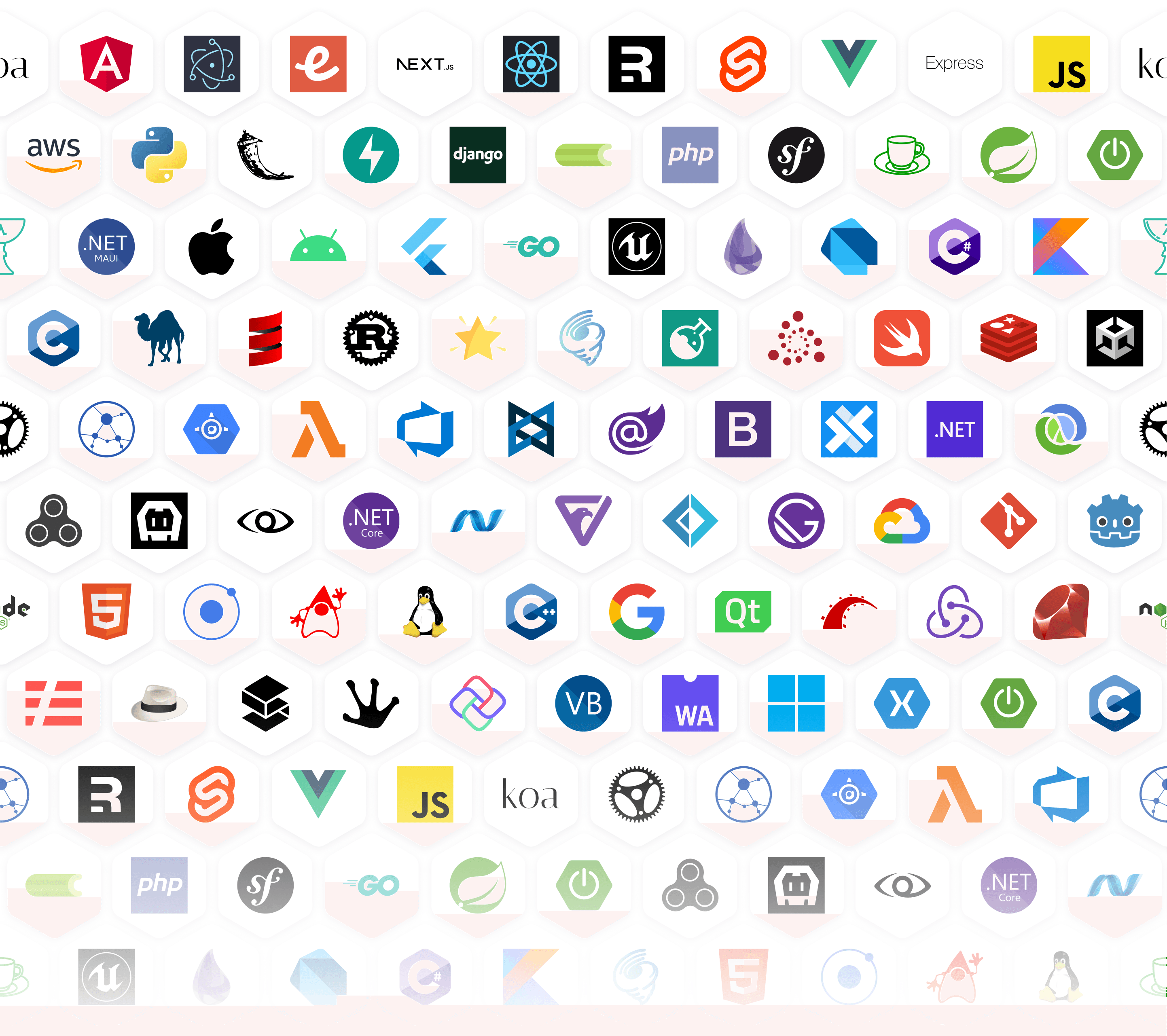Web Vitals Monitoring
Identify UX slowdowns on your webpage with Web Vitals, the Google-defined metrics for page loading, interactivity, and stability. Sentry collects real user data in production so you can pinpoint slow pages and streamline debugging for costly operations.
Web Vitals for Developers






Getting started with Sentry is simple
We support every technology (except the ones we don't).
Get started with just a few lines of code.
Create a free Sentry account
Create a JavaScript project and note your DSN
Grab the Sentry JavaScript SDK
<script src="https://browser.sentry-cdn.com/10.38.0/bundle.min.js"></script>
- Configure your DSN
Sentry.init({ dsn: 'https://<key>@sentry.io/<project>' });
That's it. Check out our documentation to ensure you have the latest instructions.
FAQs
Of course we have more content
Get monthly product updates from Sentry
Sign up for our newsletter.
And yes, it really is monthly. Ok, maybe the occasional twice a month, but for sure not like one of those daily ones that you just tune out after a while.
Fix it
With Web Vitals, solve the issues impacting your users’ experience on their web browser.

